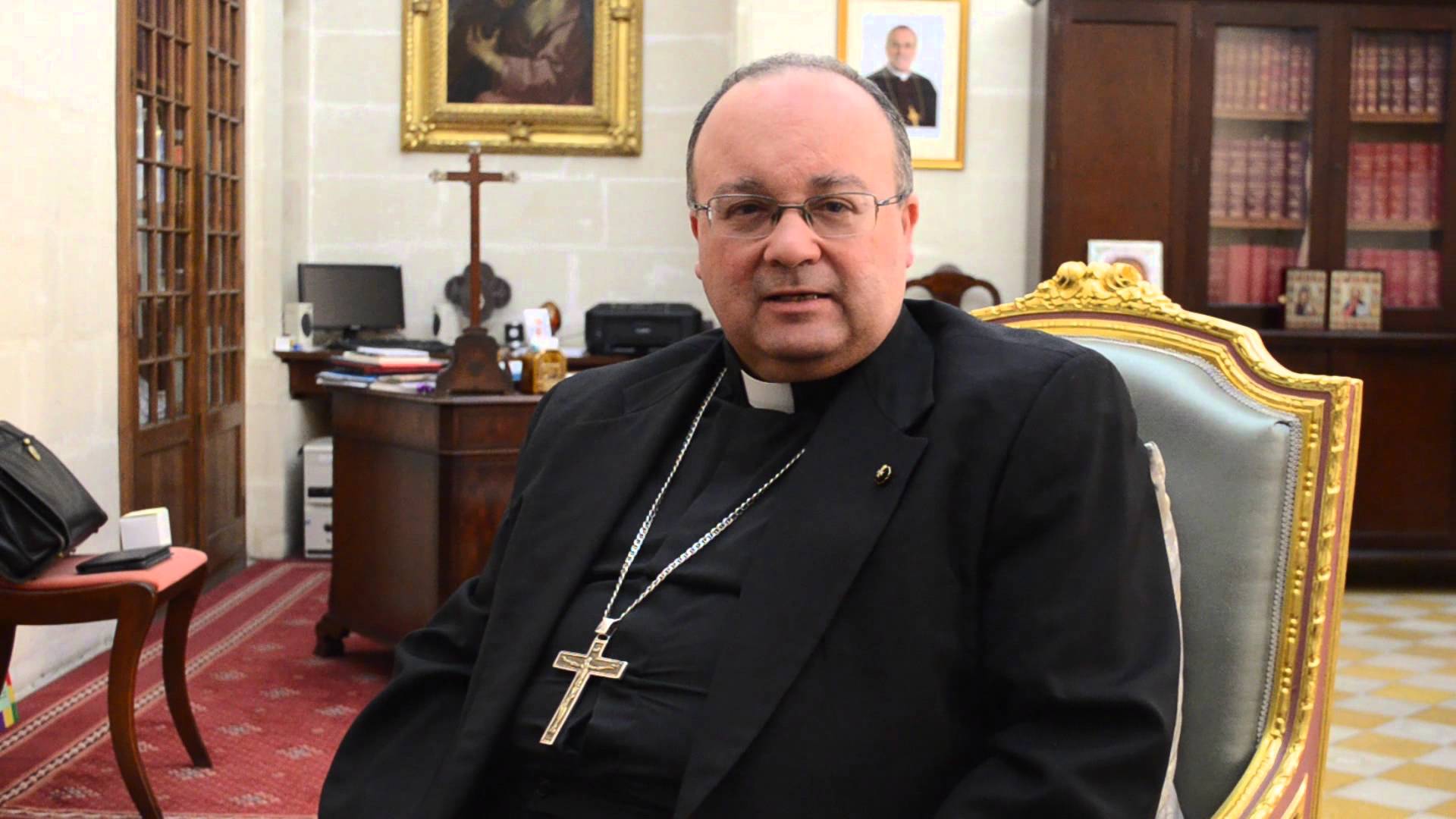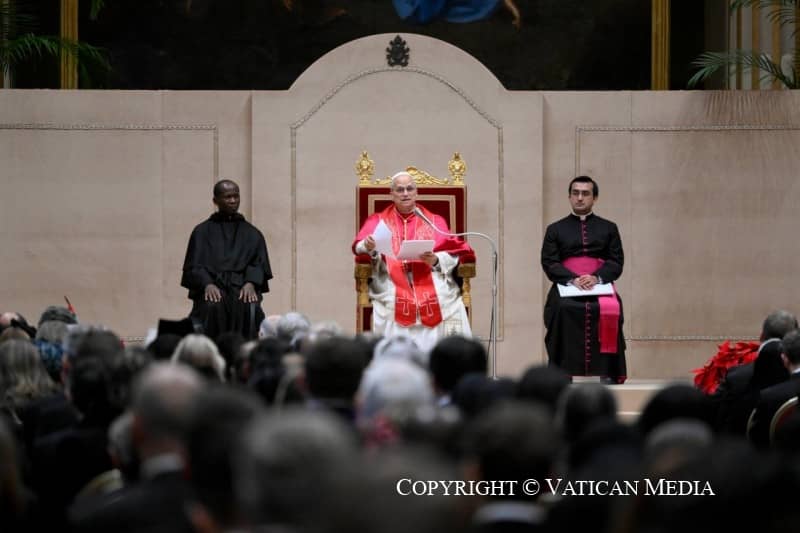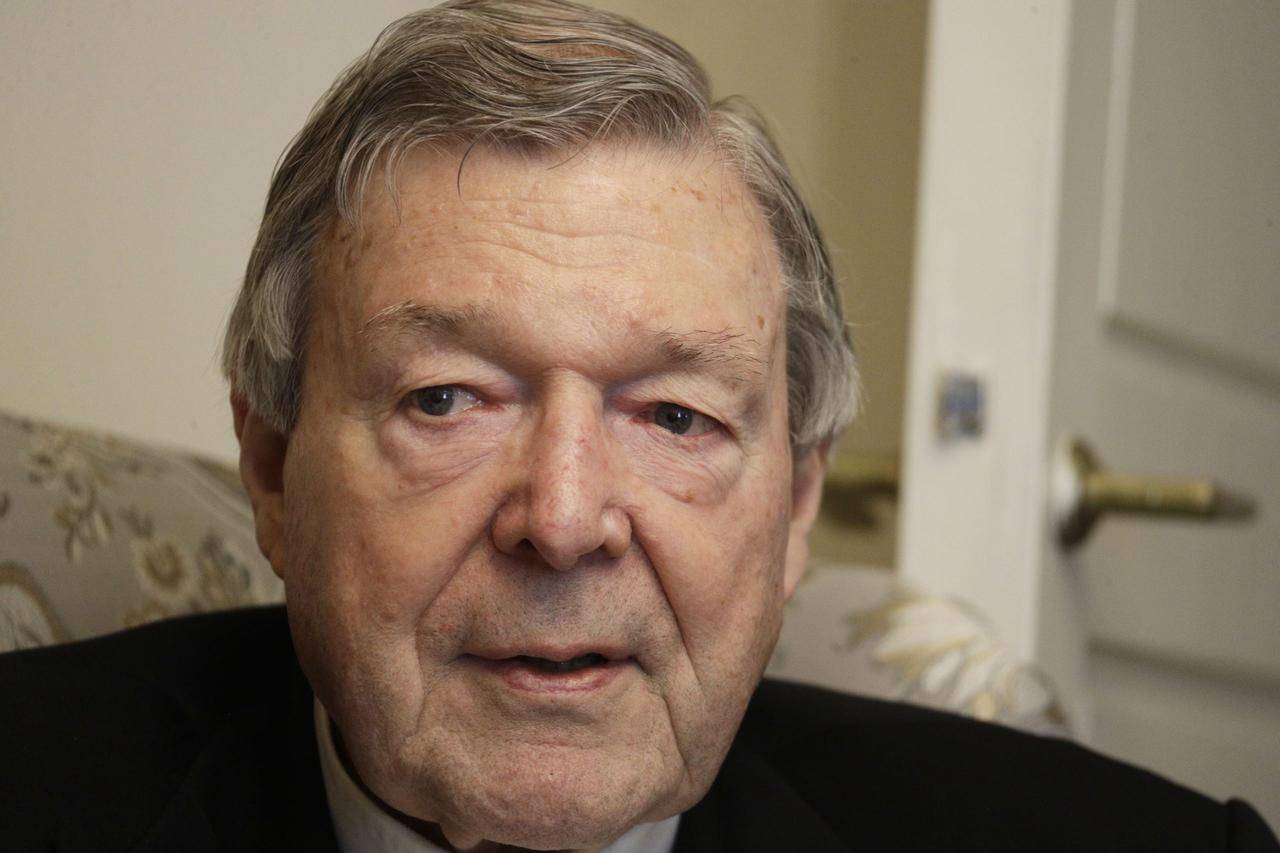As a lifelong pug lover, I’m deeply convinced of the truth of the breed’s motto: Multum in parvo, meaning, more or less, “a lot of dog in a small package.” Despite the pug’s diminutive size, you’ll never meet a creature with a bigger heart or more personality.
Around the Catholic world there are a handful of nations of which something similar might be said, because both historically and today, their influence extends well beyond any census count. Malta, with a total population of just about 445,000, is a classic example, historically serving as the front lines of the defense of European Christendom, and still today generating clergy and laity who play key roles in Church affairs around the world.
At the moment, Malta is reeling from the stunning murder of journalist Daphne Caruana Galizia, killed in what police now believe was a remotely detonated bomb attack near her home on Monday. Caruana Galizia was especially known for her blog posts accusing senior Maltese politicians and business elites of various forms of corruption, and had been an especially bitter critic of Prime Minister Joseph Muscat.
In 2016 and 2017, Caruana Galizia published a series of exposés based on the leaked “Panama Papers,” which she believed revealed details of various forms of financial crimes with ties to Malta.
Catholicism is officially the state religion in Malta, and almost 90 percent of the population identifies itself as Catholic. As a result, nothing much happens without people wondering how the Church will react, and historically its reaction often has come in defense of tradition and the old order, not upstart maverick reformers.
In that context, it’s been striking for many Maltese to watch how quickly the Church seems to have embraced the cause of keeping Caruana Galizia’s legacy alive.
In a telegram sent on Friday, Pope Francis said he was “saddened by the tragic death” of Caruana Galizia and that he was praying for her family, the Maltese people and the nation as a whole “at this difficult moment.”
That was seen as an unusual move, since popes send telegrams of condolences after deadly natural disasters or the deaths of prominent world leaders, but usually not for the death of a private citizen.
Archbishop Charles Scicluna, in effect the head of the Maltese church, quickly agreed to celebrate the funeral Mass for Caruana Galizia on Monday in her home village at 3:00 p.m., the same time the car bomb that killed her detonated a week ago.
Scicluna has been forceful in encouraging the push for reform symbolized by Caruana Galizia, saying in a radio interview on Saturday “we cannot have a state without accountability and transparency. Many laws exist about this, but we need to show this with facts.”
For longtime Vatican-watchers, Scicluna remains best known as a protégé of then-Cardinal Joseph Ratzinger, later Pope Benedict XVI, who emerged as the Vatican’s top prosecutor on clerical sexual abuse cases and one of the Church’s most indefatigable voices for transparency and accountability.
As the Promoter of Justice at the Congregation for the Doctrine of the Faith from 2002 to 2012, Scicluna earned a reputation as the Eliot Ness of the Vatican – incorruptible and fearless in going after targets previously seen as untouchable, famously including the late Mexican Father Marcial Maciel Degollado, founder of the Legionaries of Christ. The order was compelled to acknowledge Maciel had been guilty of a variety of forms of sexual abuse and misconduct, following Scicluna’s investigation.
Sciculna now seems so outraged by the murder of Caruana Galizia that he even blasted students at the University of Malta for failing to turn out for a Wednesday evening vigil in her memory. (Despite an enrollment in excess of 11,000, only about 100 people showed up, and, according to local media reports, many were foreign exchange students.)
In response, Scicluna said he was “surprised,” wondering aloud if the university has become no more than a “glorified training ground,” and if students today are attending it only “to get that piece of paper that looks good on their CV.” He expressed concern that the present generation is being raised without any sense of “ethical, social and political sensibilities.”
Scicluna also delivered a strong defense of a free press.
“The people need journalists to remain free,” he said. “Journalists are there in our name to investigate the use of power, to investigate how our money is spent and to ensure Malta is progressing as it should.”
(Scicluna, too, by the way, illustrates the Multum in parvo rule. He’s a small guy, only coming up to most people’s shoulders, but in terms of both intellect and determination, he stands plenty tall.)
Though Maltese politicians generally are inclined to defend the country’s financial services industry, in recent months there have been several worrying signs that something’s amiss.
Based in part on Caruana Galizia’s reporting, the country has been labeled Europe’s “pirate base” for tax avoidance, and the University of Amsterdam recently concluded, based on a computational study, that it’s one of the world’s top ten tax havens, in the dubious company of rogue players such as the Cayman Islands and Curaçao.
Even the Vatican, which certainly has its own checkered history when it comes to financial scandals, recently joined the finger-pointing. Lawyers for the Holy See have filed a $20 million lawsuit seeking the return of funds siphoned away from the Institute for the Works of Religion – the so-called “Vatican bank” – which, those attorneys say, were caught up in a “menacing web of intrigue and suspicious transactions” spun by Maltese investment firms.
Given the interconnectedness of global financial systems in the early 21st century, refusal to play by the rules anywhere can have serious consequences everywhere. That’s part of what makes the fate of Vatican financial reform under Francis so important, and precisely the same point applies to Malta.
In Catholic terms too, there’s much on the line. The struggle against financial corruption and its toxic social consequences is hardly confined to a handful of tiny tax havens, but is a defining Catholic social justice concern across much of the developing world — meaning that leadership from one part of the Catholic world could quickly have implications for others.
Scicluna already has emerged as a Catholic mover-and-shaker on other fronts, including using his canon law expertise to defend a broadly positive stance on Francis’s controversial document on the family, Amoris Laetitia, and its cautious opening to Communion for divorced and civilly remarried believers.
Perhaps the shock and outrage of the present moment, combined with the moral leadership of Sicluna, now can position the Church in Malta to inspire and sustain a lasting campaign for injecting greater transparency and accountability into the country’s affairs.
If so, it could serve as a model for Catholic activism all around the world – proving once again that, even if size does sometimes matter, it’s hardly the only thing.












